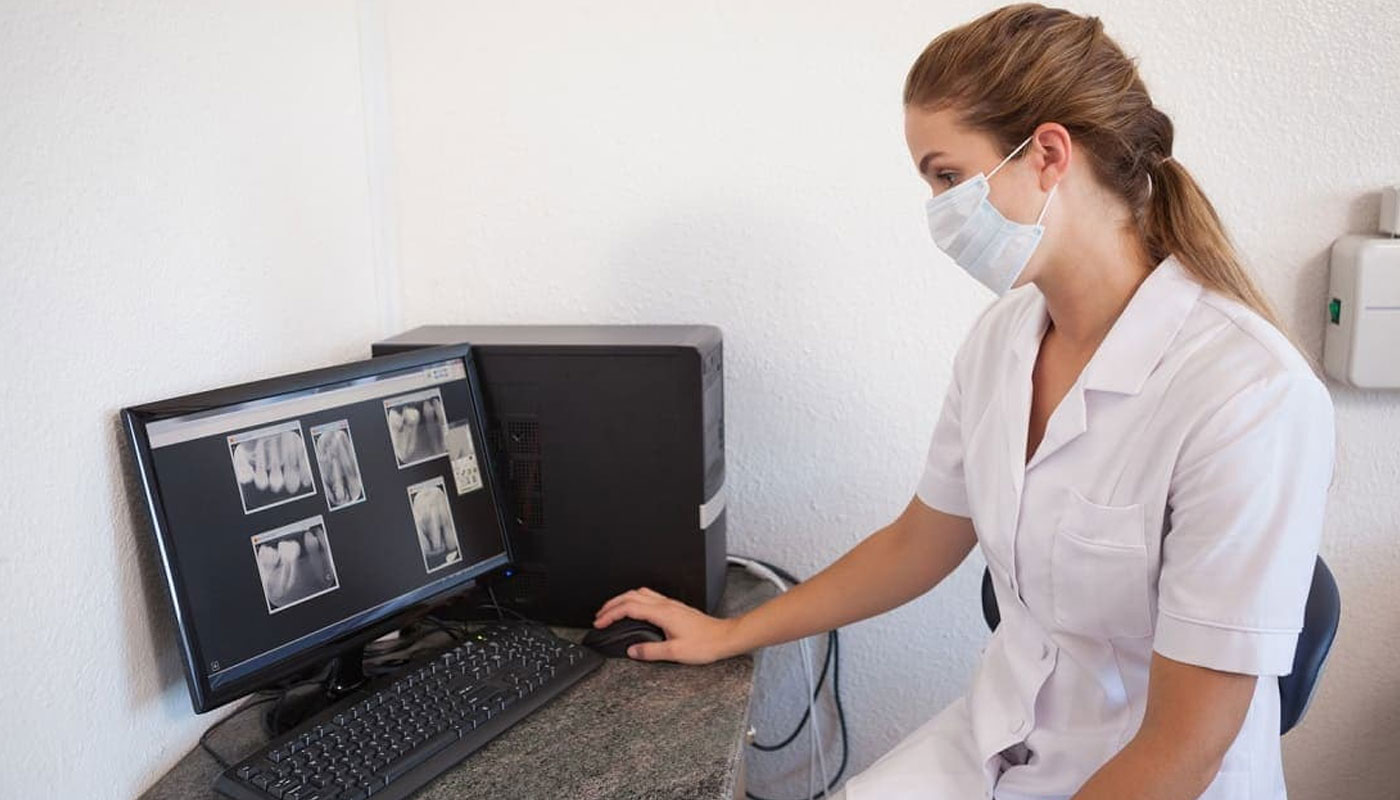Your teeth consist of hard and soft tissue. When a tooth becomes damaged by injury or decay, the inner layer (the nerves in the pulp of the tooth) can stop providing blood to your tooth. When this occurs, it creates an infection, and the nerve can die over time without adequate or immediate treatment. To prevent tooth complications and ensure your oral health is in good standing, it is advised that you visit a dental clinic in Calgary twice per year. A Calgary dentist can detect a dying tooth and offer you the necessary treatment.
The Signs of a Dead Tooth
A dead tooth dies when it no longer receives a fresh supply of blood. The first sign of a dying tooth is discolouration. Also, you may experience tooth or gum pain. Healthy teeth can vary in colour; some people may have naturally white teeth while others can be a duller shade of white or yellow in appearance. However, the shade can change depending on lifestyle factors. For example, if an individual regularly consumes coffee, tea, red wine or foods that are dark in colour, their smile can be affected. Also, if a person smokes their teeth can become greyer and duller.
Discolouration will only worsen over time if the tooth continues to decay and the nerve dies. The tooth may look, yellow, light brown, gray or black. A dying tooth will stick out from the rest of your teeth and can be described as “bruised” in appearance.
Another sign of a dead tooth is pain. This is caused by a dying nerve or infection. The pain level experienced by patients varies. Some patients may feel mild to moderate pain while some may not feel any at all. It is usual to experience more pain when the decay has reached the pulp.
Additional symptoms include:
- Bad breath.
- A foul taste in the mouth.
- Swelling around the gum line.
If you experience any of the symptoms listed above, visit a dental clinic in Calgary as soon as possible.
What Causes a Dying Tooth?
Trauma or injury to a tooth can cause it to decay or become infected and over time, the tooth can die. For example, your tooth can sustain an injury during contact sports, which involves the possibility of experiencing a hard blow to the face or mouth. Another cause is poor dental hygiene. Inadequate brushing and flossing can lead to cavities. When a cavity is left untreated, it can destroy the tooth. This is because the cavity eats through the enamel and reaches the pulp, causing infection and deterioration of the tooth from the inside out.
Diagnosing a Dying Tooth
Visit a Calgary dental clinic if you are experiencing pain or suspect your tooth is infected. Your dentist will conduct X-rays and a visual oral exam to identify the cause of pain and determine the appropriate treatment.
Treatment
Treating a dying or dead tooth as soon as possible is critical. When a tooth is left untreated bacteria can spread, this can cause additional tooth loss. Also, the tooth can negatively impact your jawbone and gums. Depending on your case, a dentist may treat the tooth with root canal therapy. If the tooth is unable to be restored, tooth extraction is another common alternative. The tooth can be replaced through a few methods such as dental implant surgery, a partial denture, or a fixed dental bridge.
Root Canal Therapy
With root canal therapy, your Aspen dental care provider can save your tooth. They will begin by creating an access hole at the top of the tooth. Next, they will use small instruments to remove the pulp and clean the infection out of the canals. Once it is removed, your Calgary dentist will seal the roots using a permanent filling and place a crown for added security and protection.
Extractions
Your SW dentist in Calgary will extract your tooth when it is severely damaged, and restoration is not possible. After the extraction, he or she can replace the tooth with an implant, denture, or bridge. This will restore the tooth’s functions and prevent future dental complications.

